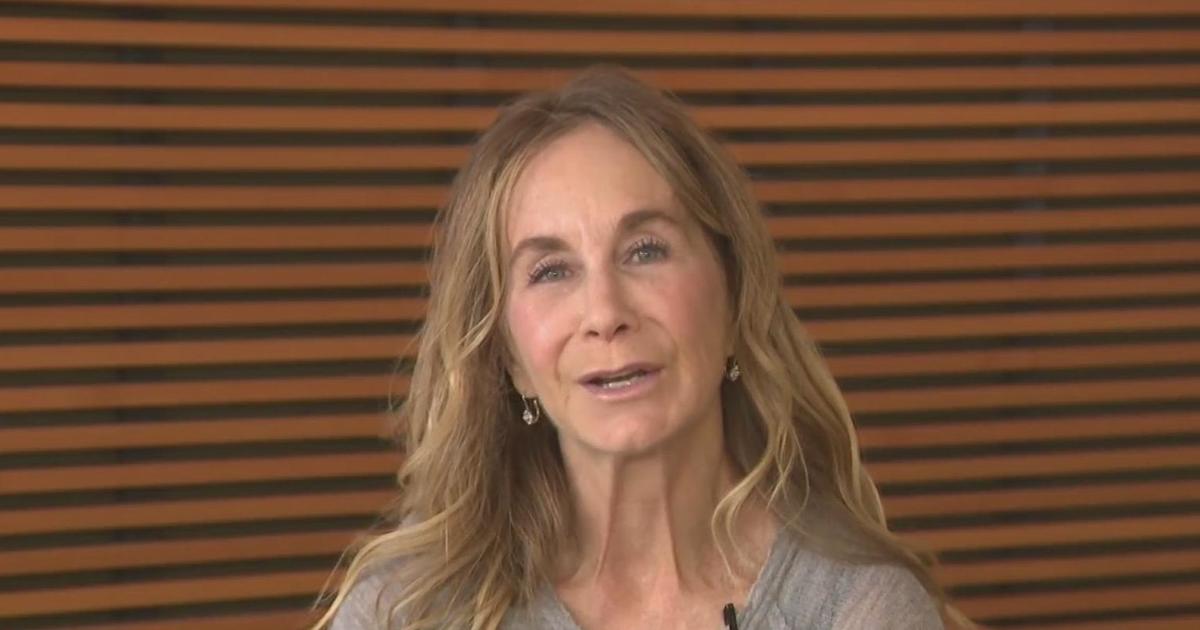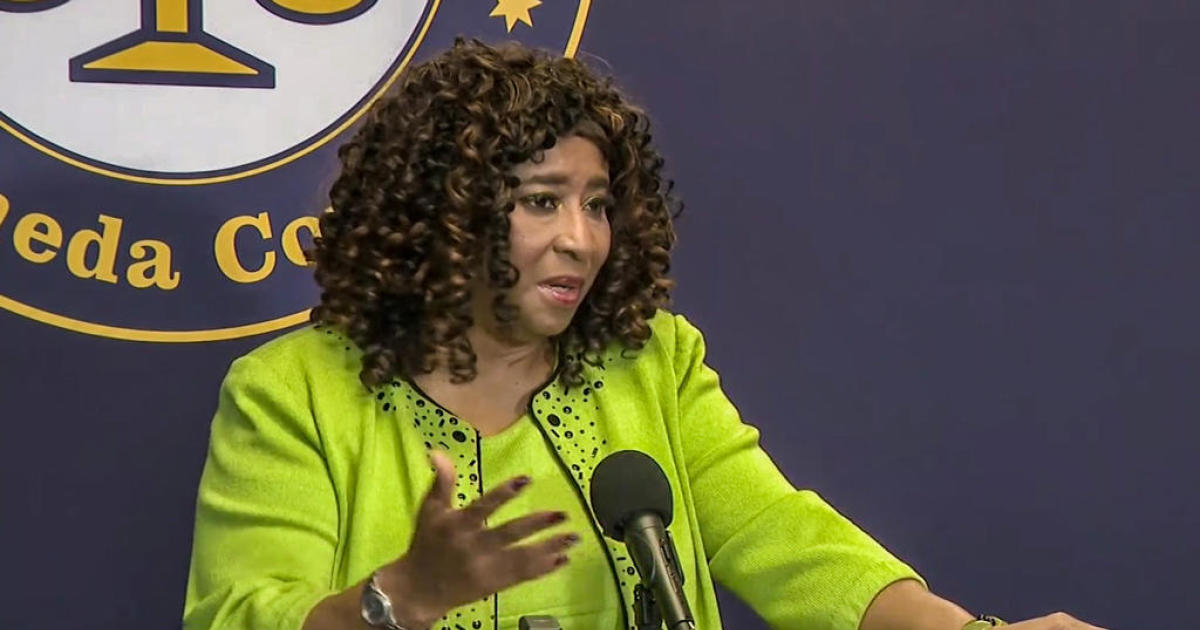California Schools Superintendent Race Features Competing Visions In Unions, Reformists Proxy Fight
SAN FRANCISCO (AP) — The race for state schools chief in California is typically a sleepy affair. With the authority to set education policy vested in the Legislature and a state board of education appointed by the governor, the superintendent's job has served primarily as a pulpit with no real power.
This year is different. The nonpartisan election has become a multi-million dollar proxy fight for the growing tensions between California's teachers unions and reformers seeking more accountability, parent choice and dramatic improvements in the state that educates 13 out of every 100 public school students in the U.S.
In an unusual twist, the leading candidates are both Democrats. Incumbent Tom Torlakson, 64, a former state lawmaker and high school science teacher, is supported by the unions, the California Democratic Party and many county education leaders.
His main challenger, Marshall Tuck, 40, is a former charter school executive who has never held elected office yet has the backing of most of California's major newspapers and reform-minded Democrats. They include former Los Angeles Mayor Antonio Villaraigosa and Sacramento Mayor Kevin Johnson, the former NBA All-Star who started a charter high school in his hometown.
California's new primary system, in which the top two vote-getters advance to the general election regardless of party, means Tuck and Torlakson could face off again in the fall.
"The message of this race is that many of us who have been working with parents and teachers to improve our schools think that our children can no longer wait for the high-quality, world-class schools they deserve," said Villaraigosa, who unsuccessfully tried as mayor to gain control of the city's public schools and then hired Tuck to lead a nonprofit that took over 17 of them.
The philosophical battle has become one of the surprising flashpoints of Tuesday's primary election and reflects the frustration over California's slide from an education power as recently as the 1980s to a state that ranks near the bottom nationally in per-pupil spending and on many measures of school success.
The state is one of only 14 with elected school superintendents, half of which have incumbents seeking re-election or have open seats to fill this year.
Both Tuck and Torlakson support the Common Core State Standards and a new California school funding formula that directs more money to schools with large numbers of low-income children and students who are learning English, but they are ideologically opposed on heated issues such as teacher retention, evaluation and dismissal.
Tuck has made clear that if elected he would lobby the Legislature to reform the rules that award teachers tenure after two years and base layoffs on seniority.
He also wants to make student test scores a factor in teacher evaluations and merit pay, and has criticized Torlakson for not taking a position two years ago on a bill that would have made it easier for districts to fire teachers accused of serious misconduct.
The legislation, which the teachers union opposed, was introduced after a Los Angeles Unified elementary school teacher was arrested for blindfolding his pupils and feeding them his semen on cookies and by spoon in what he called "tasting games."
"There is no question there are a lot of people who are part of the status quo who are supporting Torlakson, and that's a clear distinction," Tuck said. "If people are comfortable where our public schools are today, they should support him."
For his part, Torlakson makes no apologies about his allegiance to teachers. He credits his collaborative approach, along with his comfortable relationship with Gov. Jerry Brown and the Democratic-controlled Legislature, with helping keep the state's students on track during the recession and securing additional money for implementing Common Core and other reforms.
"I think we are leading the nation in many respects. We don't have the dissension that other states are experiencing," he said.
School employee unions have spent at least $2.5 million so far this year on mailers, polling, political consultants and ads supporting him and opposing Tuck. That comes on top of the $1.3 million Torlakson has raised on his own, much of it from organized labor.
Keeping the reliable Torlakson in office "is a very, very high priority for the teachers of California," California Teachers Association President Dean Vogel said.
"When someone like Marshall Tuck says we are just not moving fast enough, well that is how everyone else is getting in trouble — by moving too fast," Vogel said.
Tuck has amassed about $1 million in campaign contributions with help from Silicon Valley entrepreneurs, philanthropists such as KB Home co-founder Eli Broad and executives from finance and real estate.
Sacramento mayor Johnson, who is married to former District of Columbia schools chancellor Michelle Rhee, said independence and even impatience is what California needs to reverse the decline that led the state from "from first to worst."
"I like Tom Torlakson. I think he is a good guy and he has done some good things," Johnson said. "But if there is more we can do and have a bigger impact and create a trajectory for our children that can be at a faster clip and a stronger rate, we should be doing it."
© Copyright 2014 by CBS San Francisco and Bay City News Service. All rights reserved. This material may not be published, broadcast, rewritten or redistributed.



